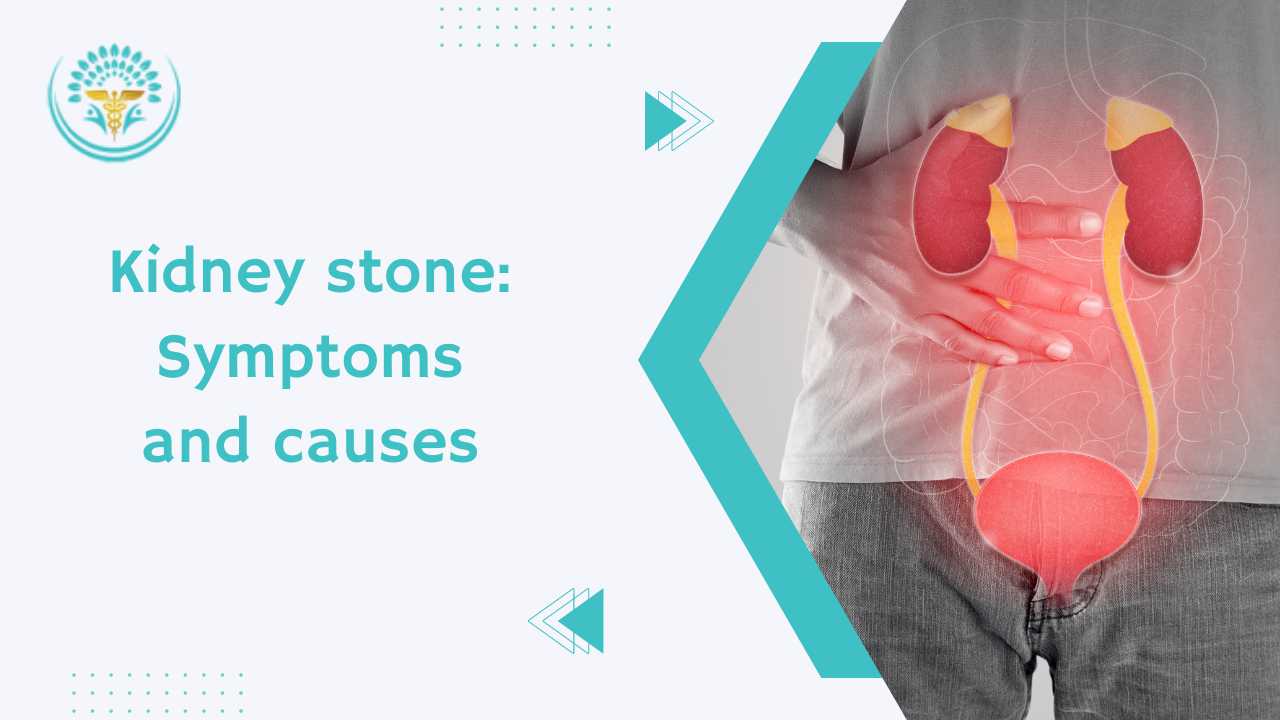Kidney Stone: Symptoms And Causes
Where kidney stones typically begin to form are crystalline solid masses called as renal calculi, or kidney stones. However, kidney stones symptoms may show up anywhere in your urinary tract, which consists of your kidneys, ureters, bladder, and urethra. If you have any kidney stone symptoms, visit Provitale Health for homoeopathic treatment. The most typical sign of kidney stones is pain. It can hurt, sometimes quite a bit to flush one out of your body while you urinate indicating that you might be consuming too many minerals and insufficient water.
Kidney stones can be quite painful medically. Numerous things could cause a stone to form, depending on the type of mineral involved.
Types of kidney stones
- Calcium
- Uric acid
- Struvite
- Cystine
Causes
The most typical age range for kidney stone occurrence is 20 to 50.
There are several conditions that could make you more likely to develop a stone.
Men are more prone than women to develop kidney stones, according to the National Institute of Diabetes and Digestive and Kidney Diseases.
You could be in danger if you have a family history of kidney stones.
Other, less common risk factors include dehydration, obesity, a high-protein, high-salt, hyperparathyroidism, gastric bypass surgery, and a diet.
Using drugs such as calcium-based antacids that facilitate calcium absorption, anti-seizure medicine, and triamterene diuretics result in calculi.
Symptoms
Symptomless kidney stones can last for years. Finding such asymptomatic kidney stones occurs in conjunction with USG scans for any other illness or a routine physical examination. But you can experience symptoms if it starts to move or gets really big.
Kidney stone symptoms include:
You feel pain in your side or lower back. This discomfort could start as an intermittent dull aching sensation. As time goes on, it can get worse, necessitating a trip to the ER. A kidney stone can exist for years without causing any symptoms, so you might not even be aware that it is there. However, you can experience symptoms if the kidney stone shifts from its original position or grows in size. Homeopathic treatment at Provitale Health Homeopathy offers you drugs free of side-effects unlike conventional treatment.
Kidney stones symptoms include:
You may experience lower back discomfort or pain on the side of your body where the stone is. Various parts of your body may experience the discomfort at different times. This indicates that the stone is moving from your kidney via your ureter and into your bladder. Peeing could make the pain worse.
You can experience discomfort that is minor or severe enough to require hospitalization. The pain typically comes and goes in waves, each lasting anywhere between 20 minutes and an hour.
The pain may begin as a mild aching before intensifying.
Additionally, symptoms may include:
- nausea and/or vomiting.
- having urine with visible blood.
- having discomfort while urinating.
- having trouble urinating.
- having a greater urge to urinate.
- chills or a fever.
- having urine that smells bad.
Conclusion
Urine dissolves a variety of waste materials. When there is too much waste in too little liquid, crystals begin to form. The solid will only continue to grow unless it is removed from the body through urination. The crystals attract additional substances and combine to create this solid. There are numerous available treatment options. The course of treatment is determined by the size of the kidney stone. Provitale Health with the best homeopathic doctor, provide effective & safe treatment.

